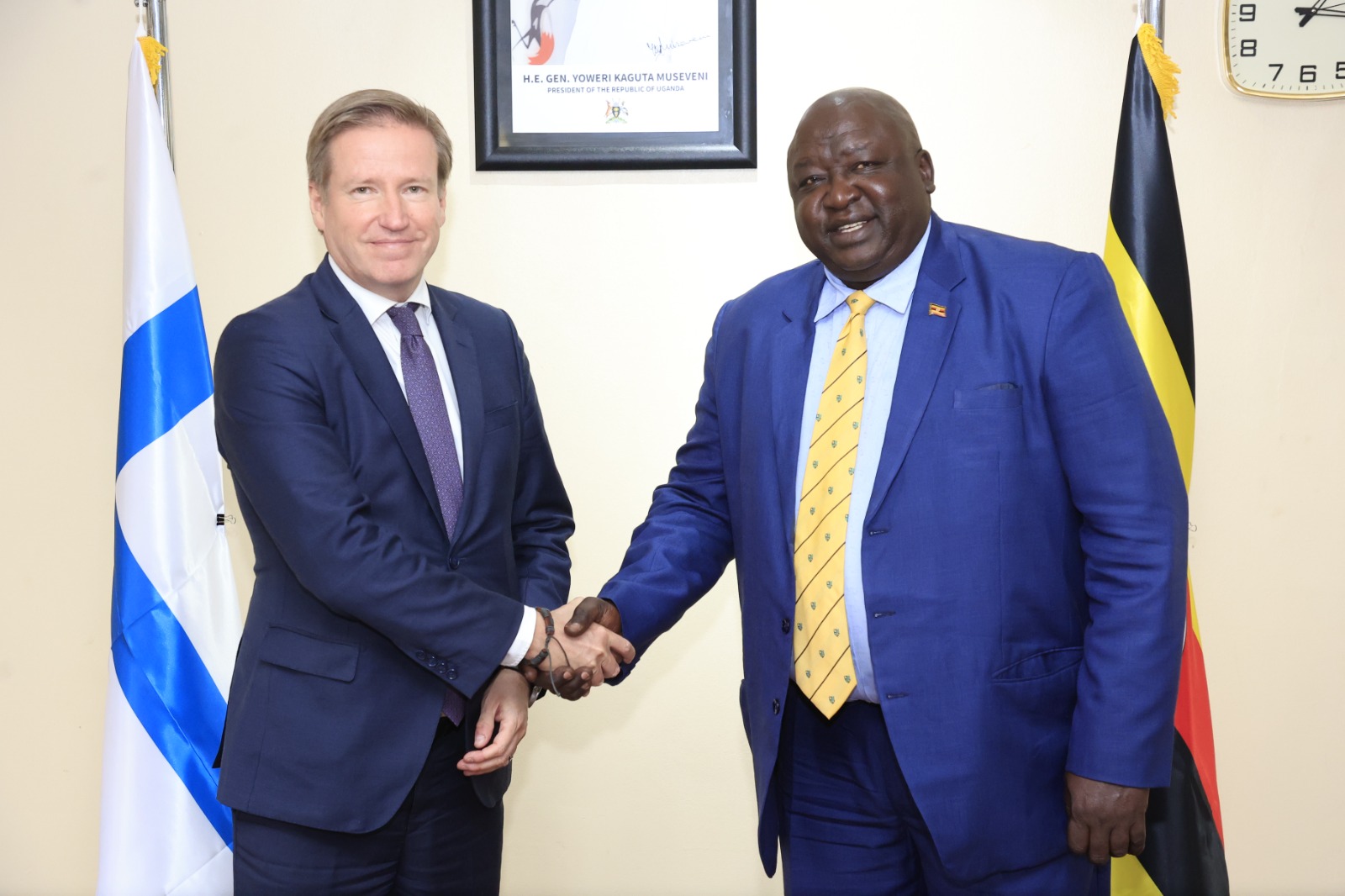SMEs tipped on how to recapitalise their enterprises as business expo kicks off
The minister of State for Trade, Harriet Ntabazi has challenged struggling Micro, Small and Medium-sized Enterprises(MSMEs) to make use of the small business recovery fund, as they seek to recapitalise their enterprises.
Ntabazi tasked Uganda Development Bank(UDB) to explain how best these SMEs can access the funds to better their businesses.
"There is money, shs 50 billion, which is supposed to be accessed through micro-finance support centers. Go there; you have not bothered. All this money is targeting the MSMEs, not the big entrepreneurs," said Ntabazi.
She made the remarks as the business community officially launched the 3rd edition of the SMEs week that shall run up to July 23rd this year at UMA show grounds in Kampala.
Ntabazi advised the business community that branding, positioning and quality of the products they produce matters, adding that quantity and consistency in the market is critical in the growth of these SMEs.
She said SMEs in Uganda are held highly because they contribute 90% of the private sector production and play a critical role in income-generating activities for low-income earners.
"Serving quality consistently in the market will make you move from one level to another. Sometimes we blame the government, yet we are challenged. How do you brand yourself? How do you position yourself to be on top of others?” she said.
John Walugembe, the executive director of the Federation of Small and Medium-Sized Enterprises Uganda(FSME) said it is time for SMEs to start thinking about recovery, adding that experts have spent a year talking about the impact of Covid-19.
"We want to work with the government to show SMEs the path to recovery. We need to work together on the issue of formalisation. We need to support SMEs on the issues of standardisation," he said.
Ronald Mugobera, an economist and one of the panelists during the event said levies or charges, license fees and presumptive taxes affect marginalized sections within the informal sector disproportionately, adding that Uganda Revenue Authority (URA) should enforce informal taxes fairly and progressively.
Approximately 50% of Uganda's economy is informal.
According to the domestic revenue mobilization strategy, informality accounts for almost half of all economic activity in Uganda & this creates a structural barrier to revenue growth.













